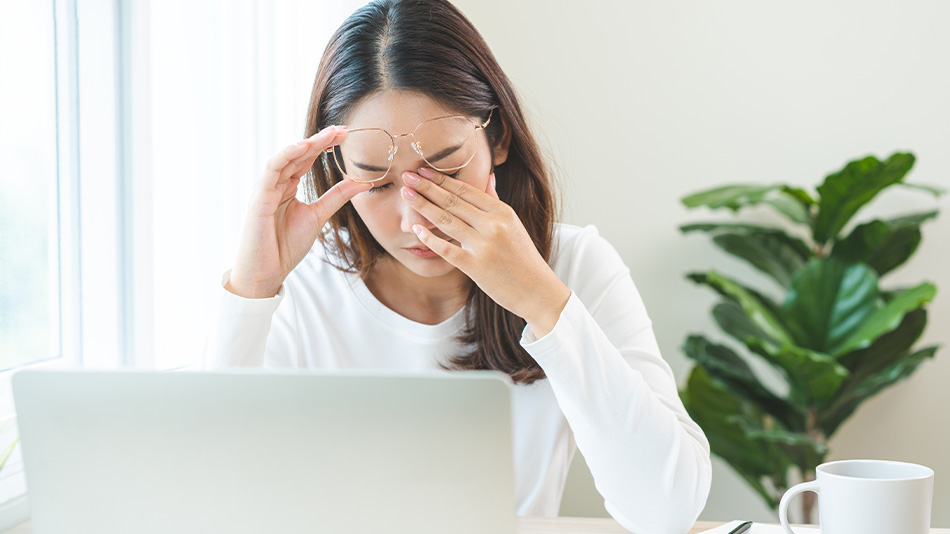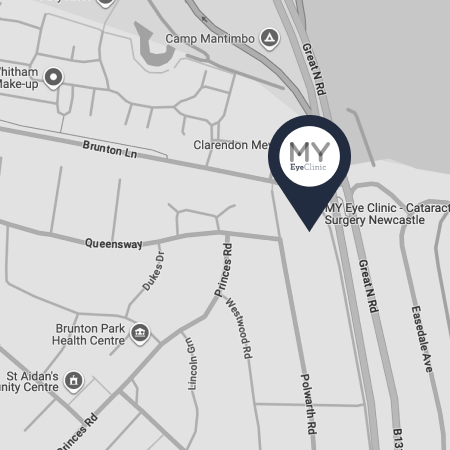
7 signs you might have dry eye (and what to do about it)?
Not sure if your eye irritation is normal or something more? Dry eye syndrome is a common cause of eye discomfort — and many people don’t realise they have it.
In this blog, we’ll explore:
- 7 common symptoms of dry eye
- Why they happen
- What you can do to feel better
1. Your eyes feel gritty, like there’s something in them
That sandy, gritty sensation is a classic sign of dry eyes. It often means your tear film isn’t protecting your eye properly.
2. Your eyes water — a lot
Yes, watery eyes can be a symptom of dry eyes. When your eyes are too dry, they may overcompensate by producing reflex tears. These don’t help much because they’re mostly water and lack the soothing oils and mucus of normal tears.
3. You get blurry vision that comes and goes
If your vision gets blurry and then clears when you blink, it might be dry eye. Your tear film isn’t stable enough to keep your vision sharp.
4. Your eyes sting or burn
Dry, exposed eye surfaces become inflamed and irritated — and it can feel like burning, stinging or soreness.
5. You struggle to wear contact lenses comfortably
If your lenses feel dry or uncomfortable, or if you’ve stopped wearing them altogether, dry eye may be to blame.
6. You notice discomfort in certain environments
Windy weather, air conditioning, or heated rooms can all make dry eye symptoms worse. If your eyes feel fine one minute and awful the next, that’s a clue.
7. You get tired eyes — even when you’re not tired
Eye fatigue after a long day on screens or reading could be a sign your eyes are overworking due to dryness.
What to do if you think you have dry eye
You don’t have to suffer in silence. If you recognise even a few of these symptoms, book an assessment.
At My Eye Clinic in Gosforth, we use specialist tools to:
- Check your tear production and quality
- Examine the surface of your eyes
- Rule out other issues like allergies or infections.
Take the next step
If your eyes feel dry, tired, or irritated, it could be dry eye syndrome.
We’re here to help you get the right diagnosis and treatment.
How bad are your dry eyes?
Take this quick self-test to check how severe your symptoms are and see what help you might need next




